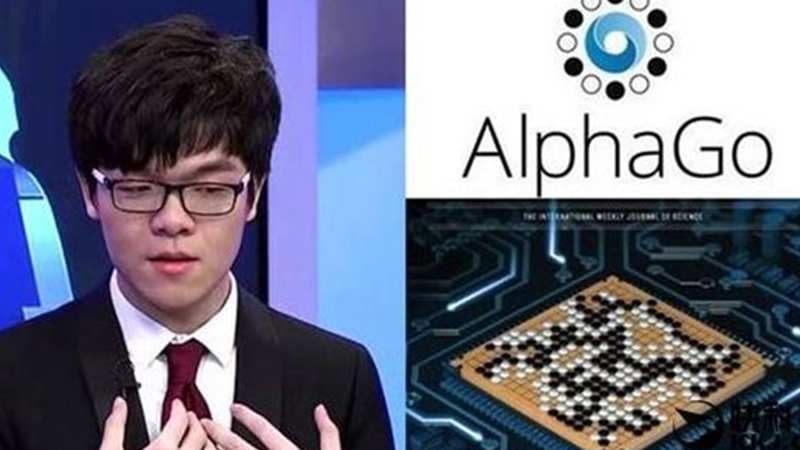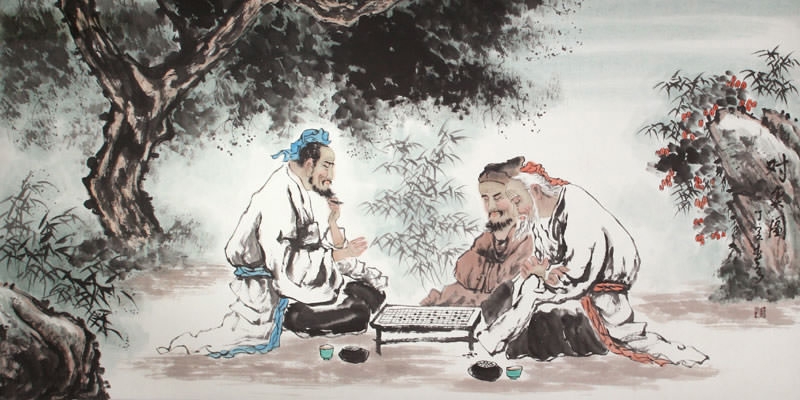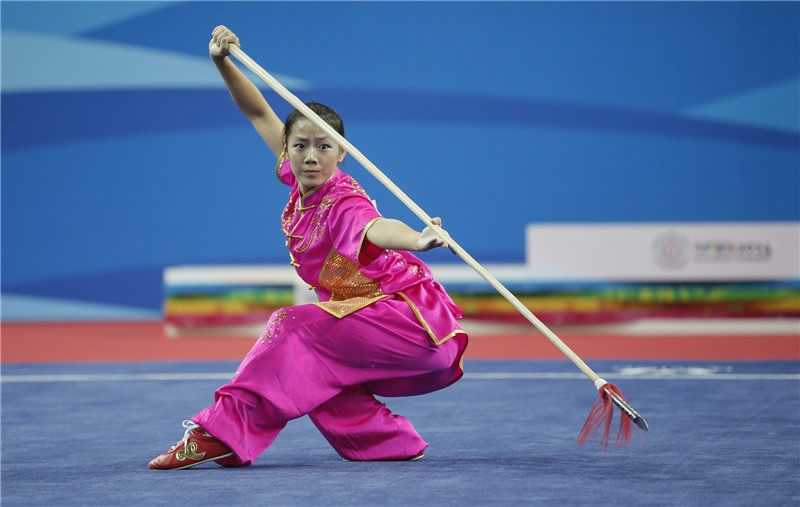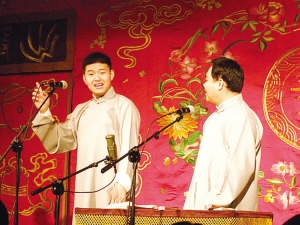
Culture & Sports
07:59, 29-May-2017
Weiqi or Go? The art of name translation war

How do you pronounce the Indian city? Bombay or Mumbai?
Do you know the reason why CGTN reported the battle of AlphaGo and Ke Jie as a weiqi competition rather than a Go clash?
Hundred years ago, British imperialists in India mistook the pronunciation of Mumbai for Bombay. So under the British empire, Bombay became the official name of the cultural capital. Nowadays, with the British long ousted, Mumbai is again the settled name of the city.
You may not imagine that a simple word – either weiqi or Go – could be so much more than a name. It represents cultural power, national pride and world influence. In recent years, Pinyin has replaced English on certain special Chinese ancient games and sports.
Here we will reveal naming “wars” in history, starting from the story of weiqi and Go.
Weiqi & Go

Weiqi and Go both refer to a strategy board game between two players, one of which must surround more territory on the board than the other. The game originated in China 2,500 years ago and was called 围棋(pronunciation: weiqi), which means “encircling game.” But Japanese players later presented the game internationally. Consequently, the Japanese name ‘いご’ (pronounced as ‘igo’) became the first associated with the game by the Western world.
To simplify pronunciation, Go was then settled on as the game’s accepted English name. That’s why the now famous game-playing artificial intelligence (AI) program was given the name AlphaGo by its developers.
However, to underline the origin of the game in China’s history, the country’s weiqi players and the national sports administration decided to use the word “weiqi” as their choice for the English translation of the name of the game, and have set up the Chinese Weiqi Association as the sport’s governing body in China.
Interestingly, the name “war” does not end between Japan and China. In South Korea, the board game is known as Baduk.
Mount Qomolangma & Mount Everest

Mount Qomolangma and Mount Everest both refer to Earth’s highest peak, located on the border between China’s Tibet Autonomous Region and Nepal.
George Everest was a Welsh surveyor and geographer who served in India from 1830 to 1840. He was a successor of William Lanbton, who started the Great Trigonometric Survey of India in 1806.
The English name Everest was determined officially by the British Royal Geographical Society in 1865 upon a recommendation by Andrew Waugh, the Surveyor General of India, to mark George Everest’s achievements – despite his objections.
However, Qomolangma is the original Tibetan name for the highest peak on Earth. "Qomo" means goddess and "langma" means mother. Qomolangma means the peak is the mother of Tibet.
In 2002, Gelek, a Tibetan scholar at China’s Tibetology Center in Beijing, called for a name correction, from Everest to Qomolangma, in a report by People’s Daily.
He said: “It is time for the Western world to respect us Tibetans by recognizing the highest peak on Earth by its Tibetan name, Qomolangma.”
Gelek did not mean to provoke a naming campaign. But Basang Cering, a Tibetology major, emphasized the cultural connection. Many tales and legends from the region’s heritage are related to Qomolangma.
Wushu & Martial Arts

Wushu is gradually replacing martial arts as an accepted name in international competition. Even at the Olympic Games, the sport was named in Pinyin, and all its technical terms were described using specific Chinese phrases, such as Sanda.
Here we must note the contribution of the International Wushu Federation, that worked hard in promoting Wushu in contemporary times. It organizes the World Wushu Championships every two years. The first was held in 1991 in Beijing. Since then, Wushu has replaced martial arts as the internationally-recognized name for the full-contact sport.
Similarly, taekwondo, a name which originated in South Korea, has replaced kickboxing in English regions, partly as a result of South Korean players’ excellence. Also, jujutsu is a full-contact game known by its Japanese name.
Xiangsheng & Crosstalk

Xiangsheng and Crosstalk refer to China’s most popular comedic performing act, which features a dialogue between two performers. It is typically delivered in Beijing dialect or in standard Chinese with a strong northern accent, and traditionally performed in a small teahouse.
The act was firstly given the English name Crosstalk as it is a performance of two people imitating, teasing or singing on the stage. But in recent years, Chinese name Xiangsheng has become the preferred moniker.
Go is unlikely to be replaced with weiqi across the world, as all countries other than China and South Korea use Go. But standing by a heritage invented in China is a matter of pride and responsibility.
As China grows and the world knows more about its culture, we hope, where appropriate, Pinyin names can replace the anglicized to represent the true origins.

SITEMAP
Copyright © 2018 CGTN. Beijing ICP prepared NO.16065310-3
Copyright © 2018 CGTN. Beijing ICP prepared NO.16065310-3